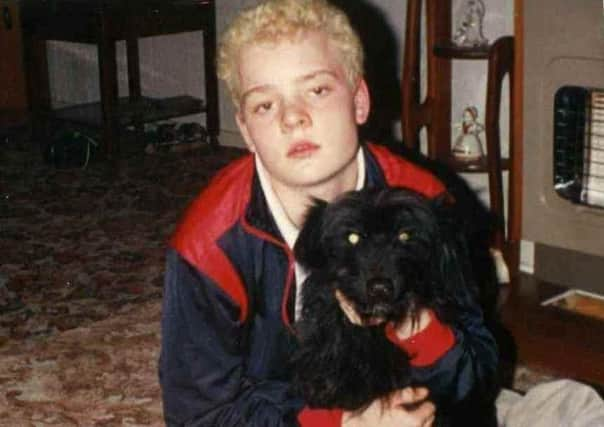Teenage girl admits killing Angela Wrightson, but denies murder on ground of diminished responsibility


The 15-year-old girl, who cannot be legally named, is on trial with another teenager, for the alleged murder of Angela Wrightson at her home in Stephen Street, Hartlepool, in December 2014.
Today, the trial judge Mr Justice Henry Globe, told the jury that the older girl admits manslaughter but denies murder on the grounds of diminished responsibility.
Advertisement
Hide AdAdvertisement
Hide AdRelated story: Angela Wrightson’s killer didn’t understand results of brutal attack due to violence at home
It is claimed she was suffering from a recognised mental condition at the time which substantially affected her understanding of her conduct and their consequences.
In a direction to the jury Mr Justice Globe said: “[She] admits that by unlawfully attacking or being a party to unlawfully attacking Angela Wrightson in her home she thereby caused or was party to causing the death of Angela Wrightson.
“She denies that at the relevant time she intended to cause Angela Wrightson at least really serious harm.”
Advertisement
Hide AdAdvertisement
Hide AdHe added: “It is the law in this country that a person who unlawfully kills another or is party to unlawfully killing another with intent to cause that other at least really serious harm isn’t to be convicted of murder if his or her responsibility was diminshed by his or her mental condition at the relevant time.”
The judge went on to outline three tests which must all be met for the defence to succeed.
They are that at the time of the attack, she was suffering from an abnormality of mental functioning, that it substantially affected her ability to understand the nature of her behaviour or to exercise self
control, and that the abnormality caused or significantly contributed to her actions.
Advertisement
Hide AdAdvertisement
Hide AdGiving evidence on behalf of the girl’s defence, Dr Indranil Chakrabarti told how he diagnosed the girl as suffering from a condition known as Other Mixed Disorder of Conduct and Emotions.
In addition the court heard the girl has a very low IQ and potentially mild learning disabilities.
The jury were told the prosecution is likely to agree with the diagnosis but not that it affected her ability to understand what she was doing.
The trial at Leeds Crown Court continues.